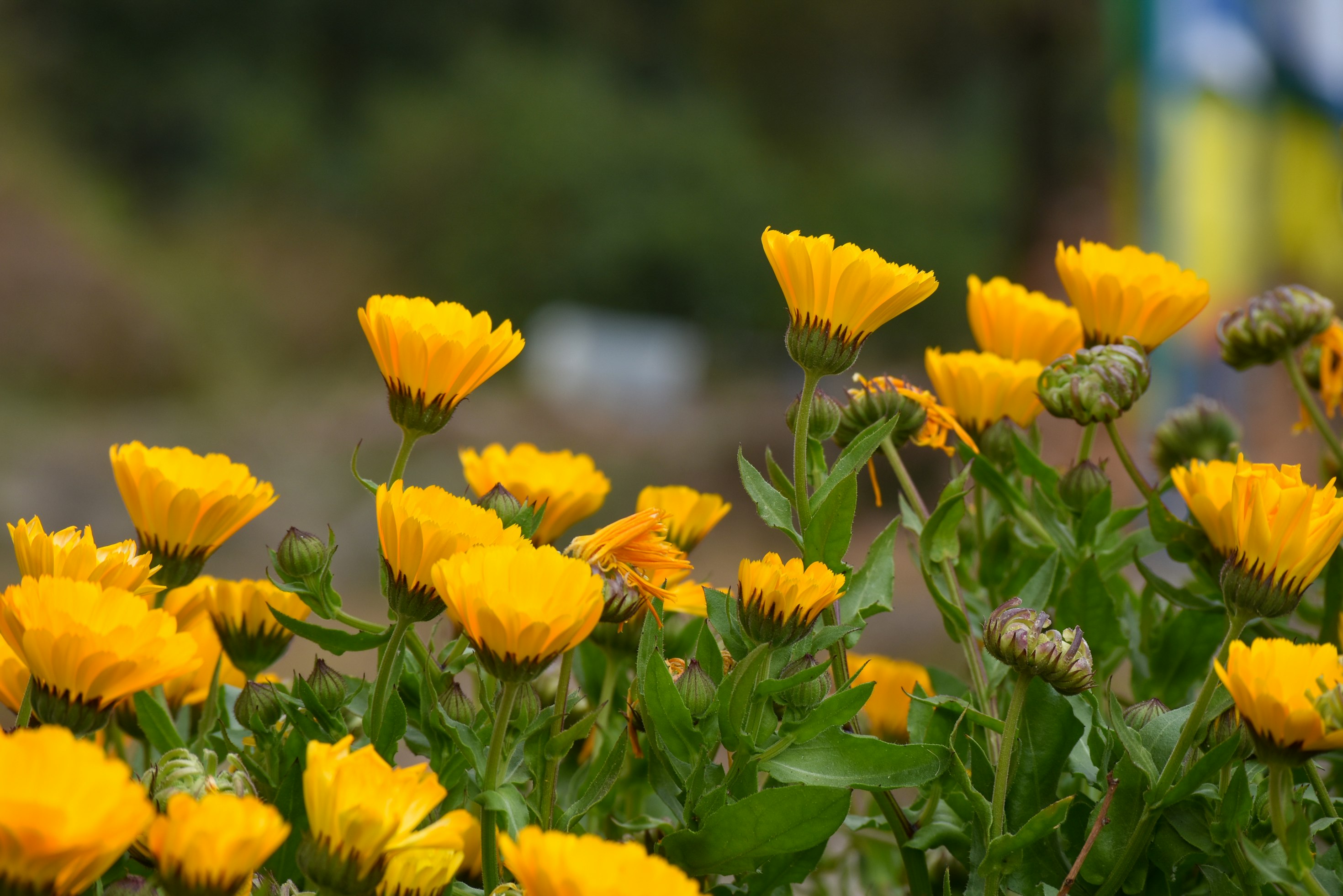Here at Spirit Haus Botanicals, we don't subscribe to the notion of oil-free skincare.
Here's why:
Soaps and other lathering cleansers can strip our skin of the oil that it naturally produces, leaving our largest organ to try and repair itself. Each time we strip the oil away, our skin over-compensates for the lack of protection by creating even more oil than is necessary.
This puts us in a cycle of being tight and dry, followed by an oil slick. But if we provide healthy oils for our skin, we can reduce the need for it to produce excessive amounts of its own.
Sunflower oil is our favorite base oil. Not only is it lightweight, unscented, and easily absorbed, it has a very high concentration of linoleic acid.
Linoleic acid is an essential omega–6 fatty acid, which means the body cannot make it on its own and it must be consumed or absorbed through the skin to get into the body.
It is thought to support natural exfoliation, which allows healthy skin shedding and renewal, helping to keep pores clear and complexions bright.
Products containing linoleic acid are even recommended for acne-prone skin. Research shows that acne sufferers have a lower concentration of linoleic acid on their skin's surface (which could be contributing to clogged pores)
A few of my favorite plants to infuse into oil for topical use are:
Calendula, Rose, & Rosemary
Image by Chandan Chaurasia
Calendula
Calendula officinalis
is second to none when it comes to soothing and calming skin inflammation. As the first medicinal plant I fell in love with, calendula is extremely gentle yet quite potent, with resins and terpenes that have shown strong antimicrobial and anti-inflammatory actions.
Gentle enough for nipples and diaper rash but potent enough for traumatic injuries, there aren’t many skin ailments that don’t cause me to reach for calendula.
Find Calendula-infused herbal skincare here
Photo by Sindy Strife
Rose
Rosa spp.
Highly regarded for their beauty and aroma, roses also hold strong medicinal value. The petals are rich in compounds that have shown to be highly anti-inflammatory, antibacterial, analgesic, and astringent.
On average, rose hips contain about 500mg of antioxidant vitamin C per 100g. That’s ten times as much as in oranges, which contain about 50mg per 100g. Due to our low storage capacity of this water-soluble vitamin, a regular and adequate intake is required.
Our Rose Hip Extract can be applied topically or taken internally for a super antioxidant and antiinflammatory boost
Find Rose-infused herbal goodness here
Photo by Kody Dahl
Rosemary
Salvia rosmarinus
or Rosmarinus officinalis
Promising research shows that Rosemary oil can be as effective as the active ingredient in Rogaine at regrowing hair after 6 months of use. (source)
Rosemary has also been used to strengthen circulation. We've seen it used to keep hair follicles from being starved of blood supply, dying off, and falling out.
Carnosic acid, an active ingredient in Rosemary, healed tissue and nerve damage in one study. This ability to heal nerve endings may rejuvenate nerves in the scalp too, in turn possibly restoring hair growth.
Applying fats like castor oil to the hair on a regular basis helps lubricate the hair shaft, increasing flexibility and decreasing the chance of breakage (source)
Find Rosemary-infused herbal haircare here
To learn more about how to incorporate medicinal herbs into your routine, or how to grow, harvest, and make medicine out of up to 70 medicinal plants, check out my Rootcraft Herbalism Courses!





